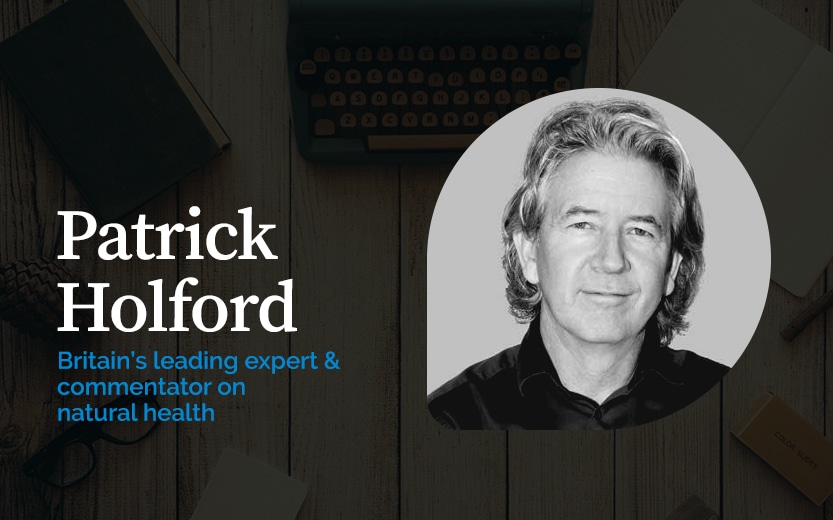Sometimes it’s hard to be a vegan. There are three key nutrients a vegan diet struggles to provide enough of: vitamin B12, vitamin D and omega-3 fats.
Vitamin B12
While algae do contain a B12-like molecule, it is not all in a functional form. Chlorella does provide some active forms of B12, however some of it appears to be derived from bacteria present in the medium in which it is grown, rather than synthesized by the algae. This does mean that chlorella’s B12 will be a bit hit and miss, dependent on the medium it is grown in. In a study of 17 vegetarians and vegans who were B12 deficient, giving nine grams of chlorella daily for around 60 days, 15 showed a modest 10% improvement in markers of deficiency. Spirulina, on the other hand, provides predominantly pseudo-B12; 83% of its B12 is in a form we cannot use. The remaining B12 may by derived from the bacteria in the growing medium. The only functional B12 that I know of in vegan foods is found in shiitake mushrooms and laver seaweed, as used in Wales to make laver bread. Nori is a type of laver seaweed. Eating these foods or supplementing 10mcg a day is the only option.
Vitamin D
There are two forms of vitamin D – vitamin D2 is made in plants while D3 is found in animal produce and produced in the skin. Our main source of vitamin D is from sunlight acting on the skin. But you need to expose your arms and face for at least half an hour a day to make reasonable amounts.
D3 is somewhat more effective than D2 however the D2 used in vegetarian supplements, readily converts to D3 in the body and even D3 in supplements, while not technically ‘vegetarian’ is derived from the oil in wool. So it’s no ethically worse than woolly socks.
For vegans who don’t get enough sunlight vitamin D, it’s worth supplementing every day, taking in 15mcg (600iu) – double in winter. The RDA in the UK is 5mcg but Scandinavian countries have increased this to 10mcg (400iu).
Omega 3: can vegans get enough?
Omega 3 seed oils are converted by the body from alpha-linolenic acid (ALA) into anti-inflammatory EPA and DHA which helps to build the brain and is especially important in pregnancy.
Chia, flax and their oils are good sources of ALA, followed by walnut, hemp and pumpkin. Possibly only 5% of ALA converts into EPA and DHA, but some research questions this. Vegetarians have, on average, 60% lower levels of omega-3 overall in their blood than those who eat fish and much lower levels of brain-friendly DHA.
A major study carried out by Dr Ailsa Welch at the University of East Anglia, analyzed the dietary omega-3 intake of over 14,000 people in Norfolk. One interesting finding was that dark green leafy vegetables provided a significant portion of omega 3s, as does meat among meat eaters, but not nearly as much as oily fish.
The more fish – especially oily fish – eaten, the higher the blood plasma levels of EPA and DHA, with supplement takers having very high levels. But what was interesting was that the difference in blood levels between non-fish eating vegetarians and fish eaters was not nearly as great as expected. This was especially true in women. It may be that, if deprived of a direct source of EPA/ DHA, the body converts more from vegetable sources of ALA. One possible reason why women convert more effectively is that oestrogen may help. This would make sense from an evolutionary point of view since it is in pregnancy that these essential fats are critical.
“Until we know more about enriched sources of ALA – such as flax seeds, walnut, walnut oils and leafy, dark green vegetables – we should still be cautious as to whether you can really get enough without fish,” says Welch.
A small study last year compared blood levels of Finnish vegans and non-vegetarians. Vegans had a third as much EPA and DHA than the non-vegetarians. The good news is that there are now vegan supplements, made from algae and seaweed, that provide both DHA and EPA. A recent review concluded “Algal sources of DHA significantly improve [blood] DHA concentrations.” I consider these essential for vegans who become pregnant as foetal brain development is so dependent on adequate maternal DHA. The lack of B12 and DHA is the greatest danger of a vegan diet, most easily mitigated by supplementation.
A full referenced version of this article is available at www.patrickholford.com/vegandangers





